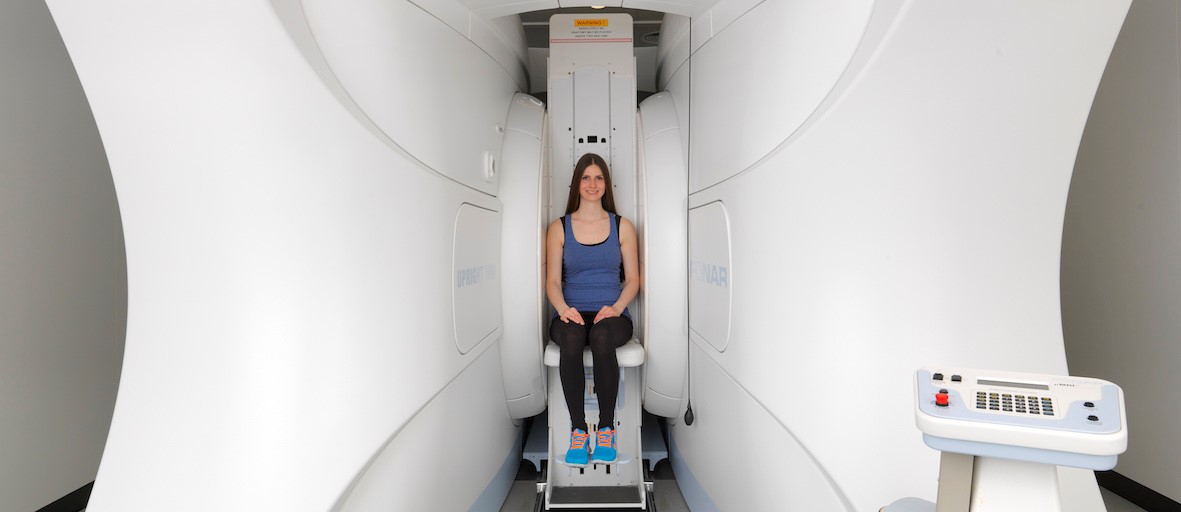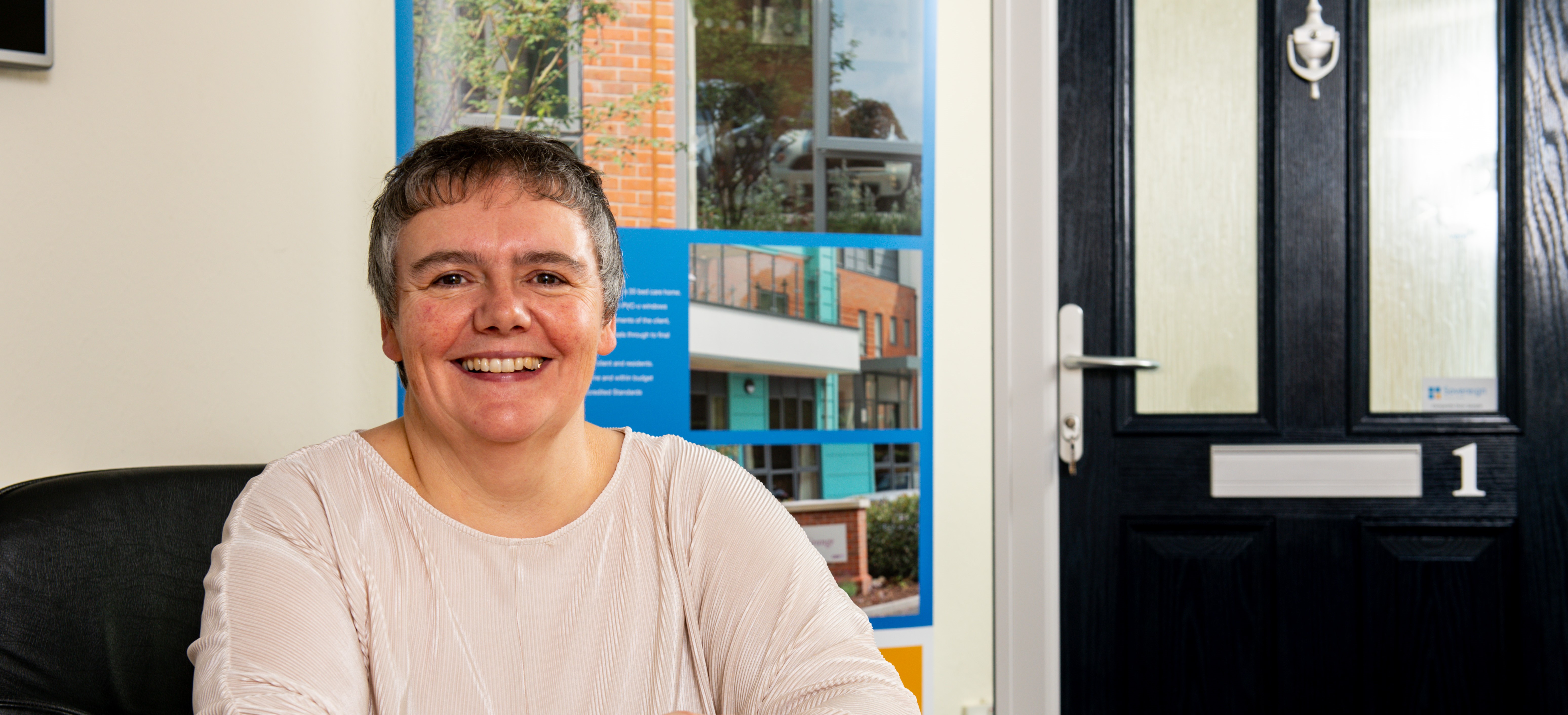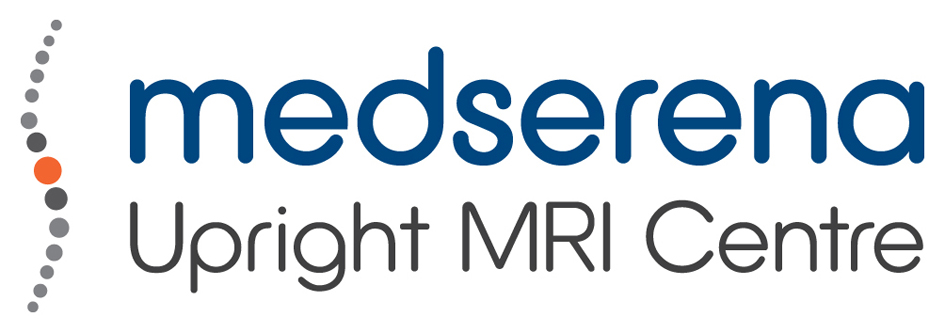How claustrophobia can affect MRI patients and the NHS

Nearly a third of Britons suffer from claustrophobia at some point in their lives, according to new research. The top three nightmare scenarios are a tiny room with no windows (54 per cent), crowded places (51 per cent) and a ‘tunnel’ MRI scanner (45 per cent).
Over half (57 per cent) of those scanned in a conventional MRI tube said they felt very nervous. A further 10 per cent required sedation and another 13 per cent asked for the process to be stopped altogether.
25 per cent said they would prefer to leave a medical condition untreated, if they were very frightened of the test to diagnose it.
The solution
Upright MRI scanners are entirely open at the front and allow patients to be scanned in the position they experience pain under natural weight-bearing conditions: standing, sitting, twisting, crouching, flexing their neck and so on.
The scanner is much quieter than the average MRI conventional tube and even allows patients to watch TV or DVDs on a large screen while it progresses.
Located in London and West Didsbury, Manchester these MRI scans are available to all NHS patients, health-insured and self-pay patients with a referral from a healthcare professional to whom the MRI report is sent afterwards.
Frances Austin – Case history

Frances Austin suffers from claustrophobia. When she first noticed that she had a feeling of fullness, tinnitus and earache in her right ear, she was worried.
Her GP referred her to consultant ENT surgeon, Mr Surya Narayan, whose immediate concern was that she may have an ear tumor, due to her symptoms affecting only one ear.
He booked her in for a conventional tube MRI scan that took place after a wait of six weeks. “We’ll have to put something over your face, are you OK with that?’ said a nurse. I immediately felt uncomfortable,” Frances says. “When I lay on the table, they clipped a cage over my face that trapped me and I panicked… They moved me into the tube and I felt it squashing my shoulders. I went into meltdown and started crying.”
So, with her consultant’s agreement, she had her scan sitting upright wearing an open head coil at the Medserena Upright MRI scanning centre in West Didsbury, Manchester.
“The radiographer went to extraordinary lengths to make me feel comfortable and also adapted the equipment to suit me, so that I wouldn’t feel trapped. The MRI scanner itself is completely open at the front. I felt that I could get out at any moment. All of that allowed me to sit still without a break for 45 minutes while they performed the scans.” she said.
Afterwards her MRI and scan report was sent to her consultant. “My consultant ENT surgeon looked at my MRI and the report by Medserena’s consultant neuroradiologist, Dr Amit Herwadkar and said he could clearly see that there wasn’t a tumor in my ear and that was such a relief.”
“He explained that my symptoms would ease as my brain would filter out the tinnitus over an eight-week period and that the overall condition was likely to settle down. And that’s exactly what has happened,” she concluded.
Medserena Upright MRI Centres have created online guides for further information on MRIs for claustrophobic patients, patients with acute and chronic back pain and pelvic floor conditions. See here:
https://www.back-pain-mri.com https://www.fear-of-mri.com www.pelvic-floor-mri.com
www.trulyopenmri.com Tel: 020 7370 6003

*Medserena Upright MRI Centres surveyed a nationally representative sample of 2,000 UK adults. A second poll was then carried out surveying 2,000 UK adults who suffer from claustrophobia. The research was conducted by OnePoll between 3-22 October 2018.
